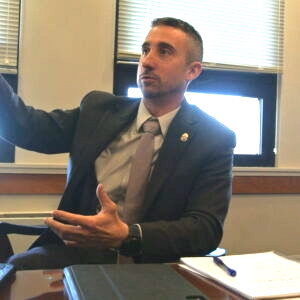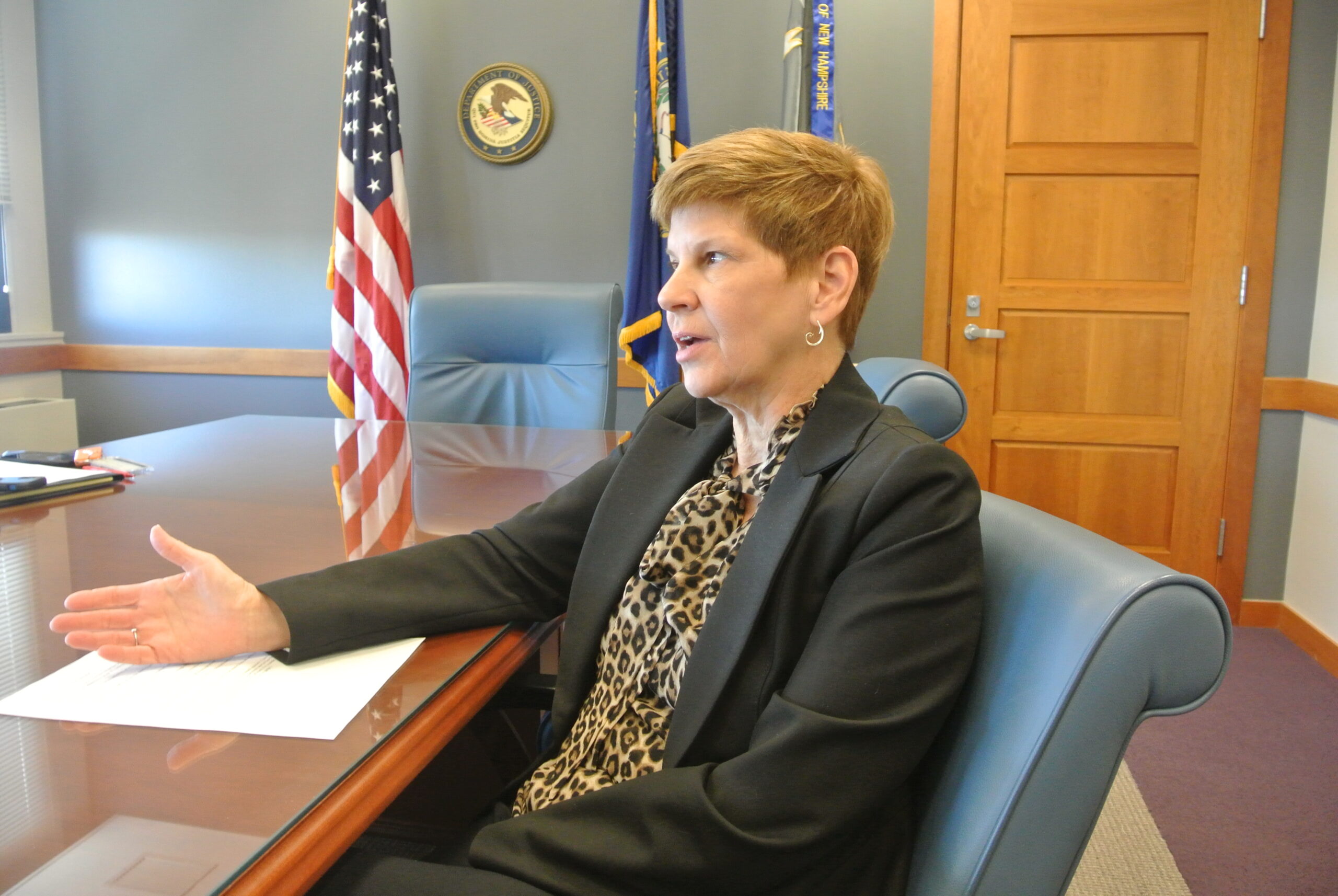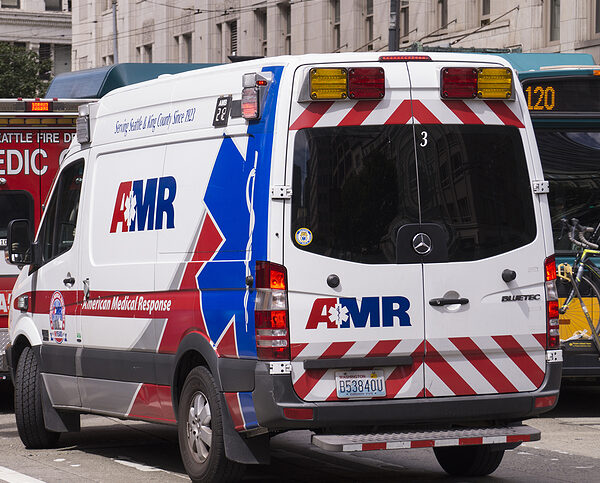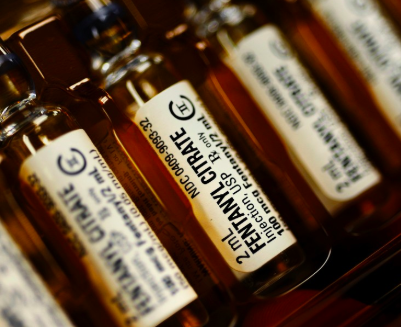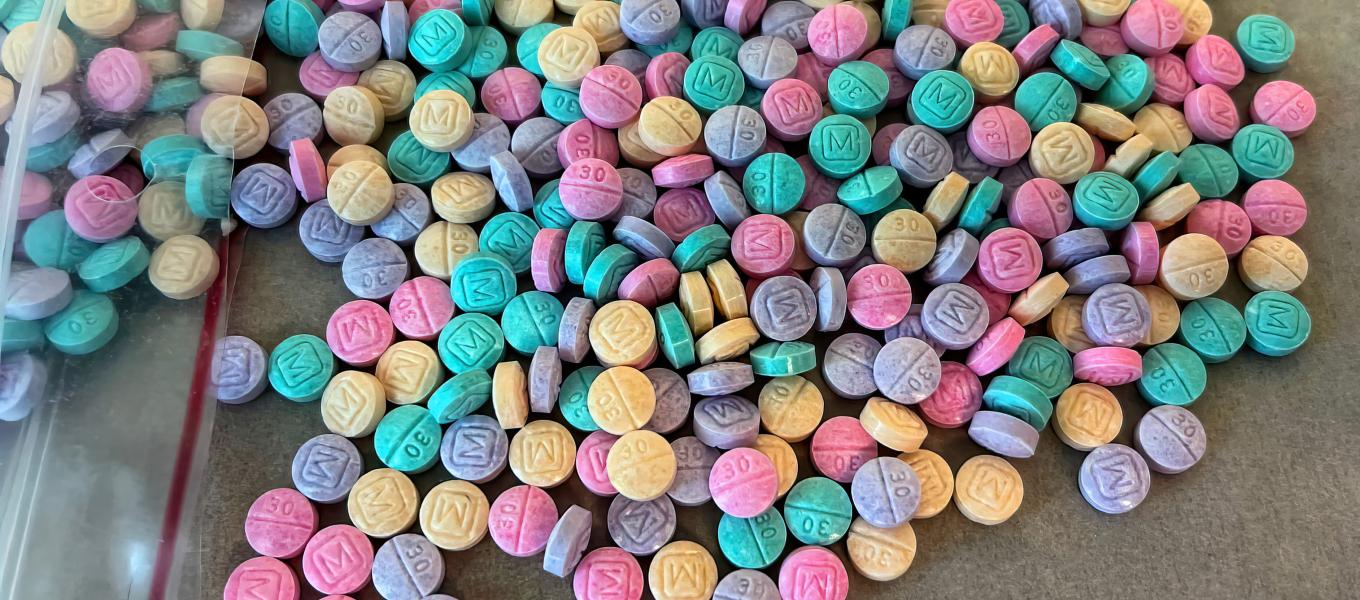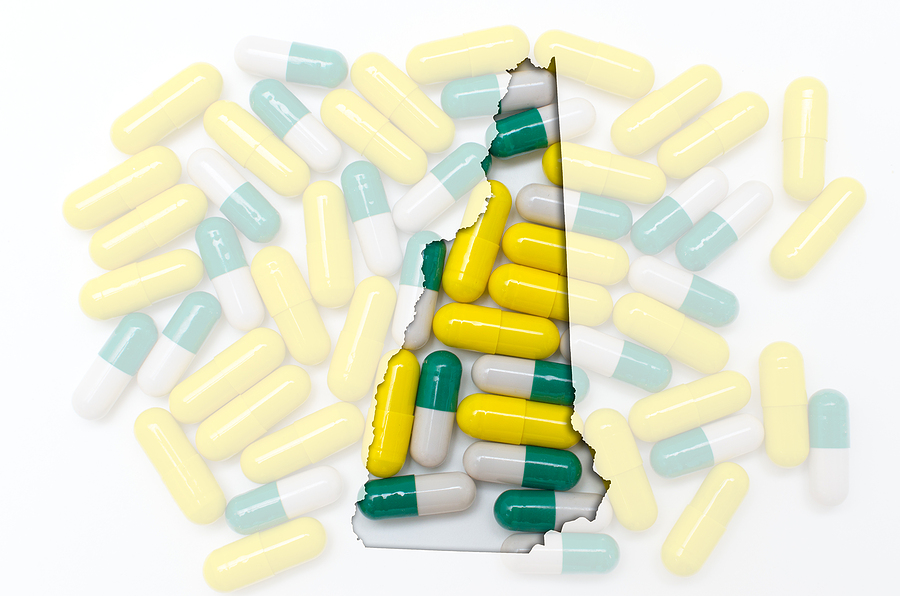Drug Ring Based in Lawrence, MA Busted for Dealing Coke Out of NH

The New Hampshire Attorney General’s Office says it’s arrested six members of a drug ring based in Lawrence, Mass. who used the postal service to get cocaine into the Granite State.
Delvin Castillo Portorreal, 42, Jose Ynoa Ynfante, 36, Maribi Garcia, 28, Elio Omar Cabrera Lopez, 27, Ernesto Valerio, 24, and Angel Miguel Marte Ruiz, 21, were all indicted this week by a Hillsborough County grand jury on charges of conspiracy to possess a controlled drug with intent to distribute.
According to New Hampshire Attorney General John Formella, the six suspected operators were first noticed by investigators with the United States Postal Inspection Service.
“The collaborative efforts of New Hampshire law enforcement and the United States Postal Inspection Service emphasize our shared commitment to combating drug trafficking in our communities and dismantling the networks that threaten public safety,” Formella said.
Over the last two years, Ynfante, Garcia, Lopez, Valerio, and Ruiz regularly picked up packages sent from Puerto Rico at a post office in Nashua. According to Formella, those packages contained multiple kilos of cocaine.
The drugs were reportedly taken to a Lawrence connection by Portorreal. According to the Drug Enforcement Agency, Lawrence is the drug trafficking hub for New Hampshire, responsible for the majority of fentanyl, cocaine, and methamphetamine coming into the Granite State.
The alleged postal cocaine gang members weren’t the only traffickers caught this week. Joel Soto Sanchez and Yunior Elliandri Perez Herrera were both indicted for their roles in allegedly trafficking large quantities of fentanyl and some methamphetamine in Concord and Tilton.
New Hampshire’s U.S. Attorney Jane Young and Paul Spera, the assistant special agent in charge for the DEA, sat down with NHJournal earlier this year to discuss the flow of drugs into New Hampshire. According to Young and Spera, the Lawrence gangs get their drugs from Mexican cartels.
“Those organizations [Lawrence gangs] have a connection with Mexican cartels, and so they’re able to get bulk quantities, distribution level quantities, kilogram quantities of the drugs,” Spera said. “They’re the organizations. They’re the drug distribution networks that have direct connections to the Mexican cartels.”
Republican Kelly Ayotte took heat early in her run for governor when she called out Massachusetts cities Lawrence and Lowell for their roles in moving deadly drugs into New Hampshire.
“It’s killing our citizens,” Ayotte said.
Lawrence City Council President Marc Laplante invited Ayotte to watch the city’s drug enforcement team work, while Lowell City Manager Tom Golden demanded an apology.
Drugs and crime have emerged as a significant issue in the race for governor, with Ayotte attacking former Manchester Mayor Joyce Craig for the city’s poor record on opioid overdoses and crime in the streets. Craig’s Democratic compatriots may not be helping.
Last week, Democrats on a New Hampshire House Study Committee blocked Republicans from recommending new legislation that would create mandatory minimum sentences for fentanyl dealers.

